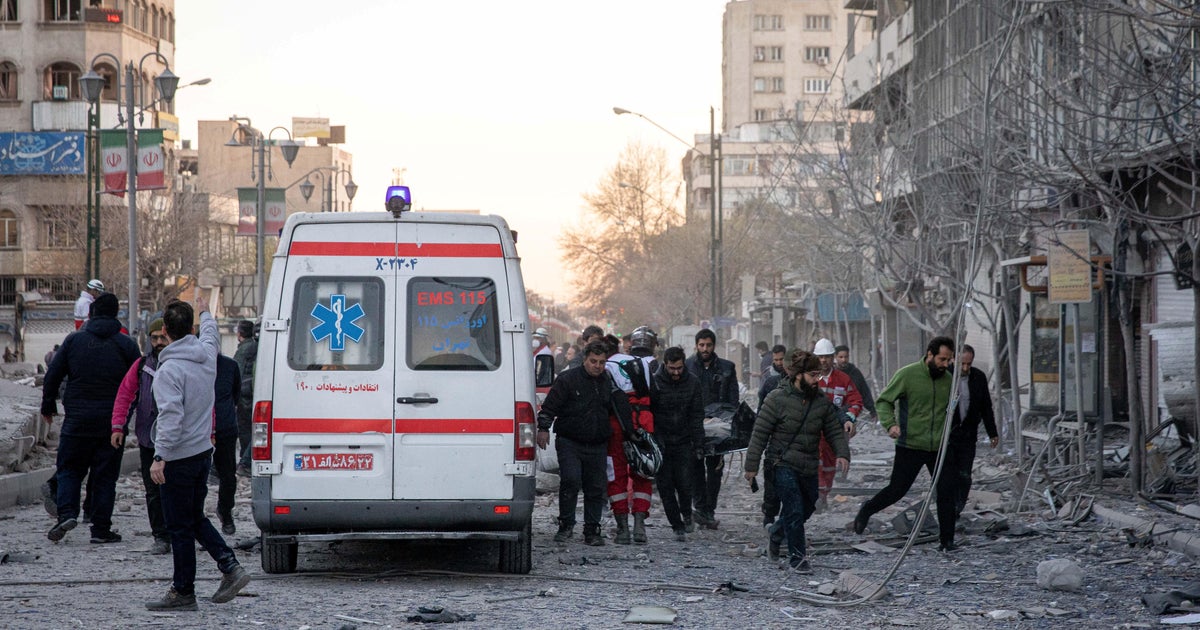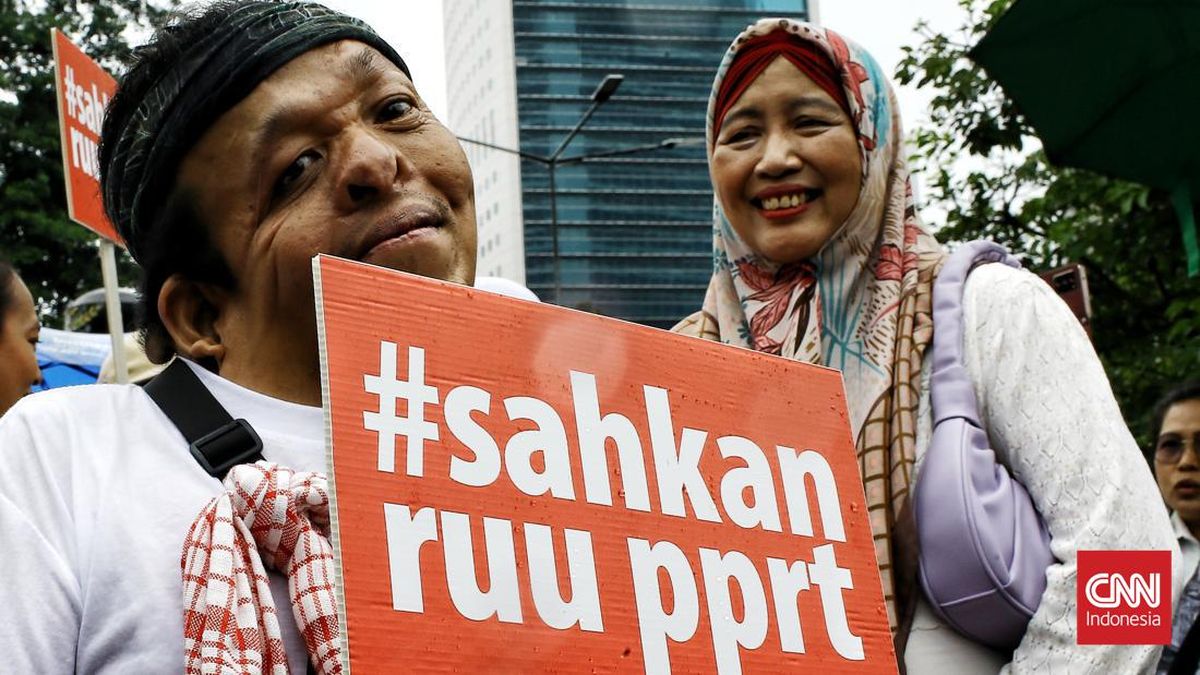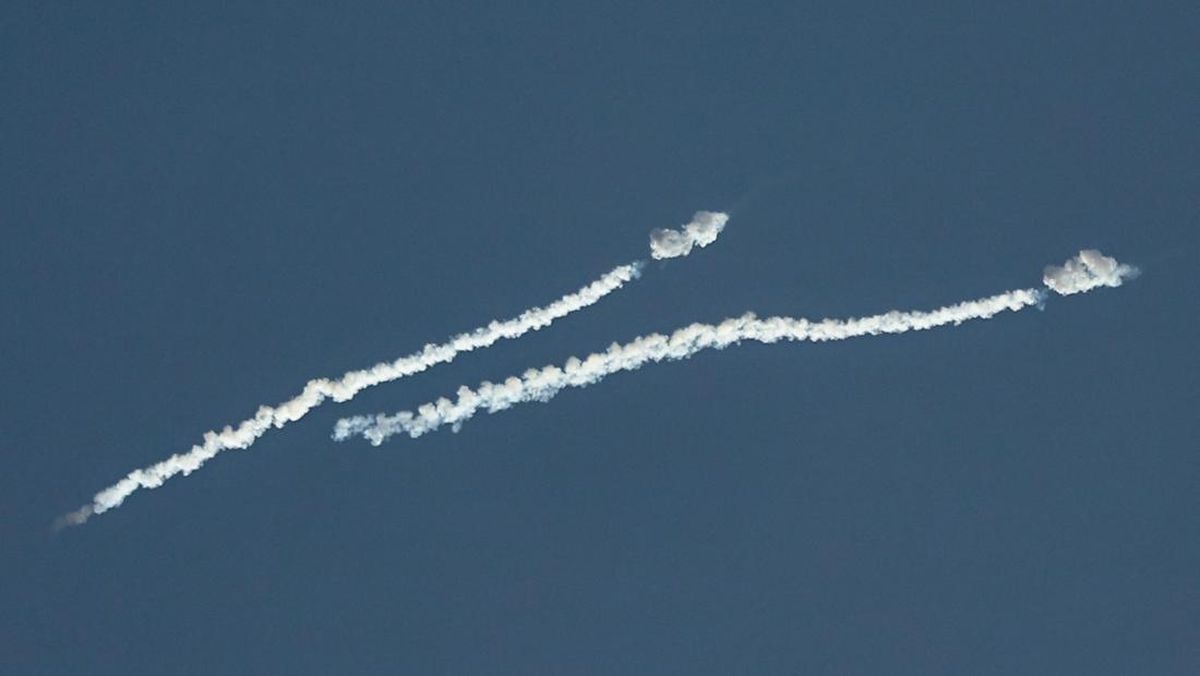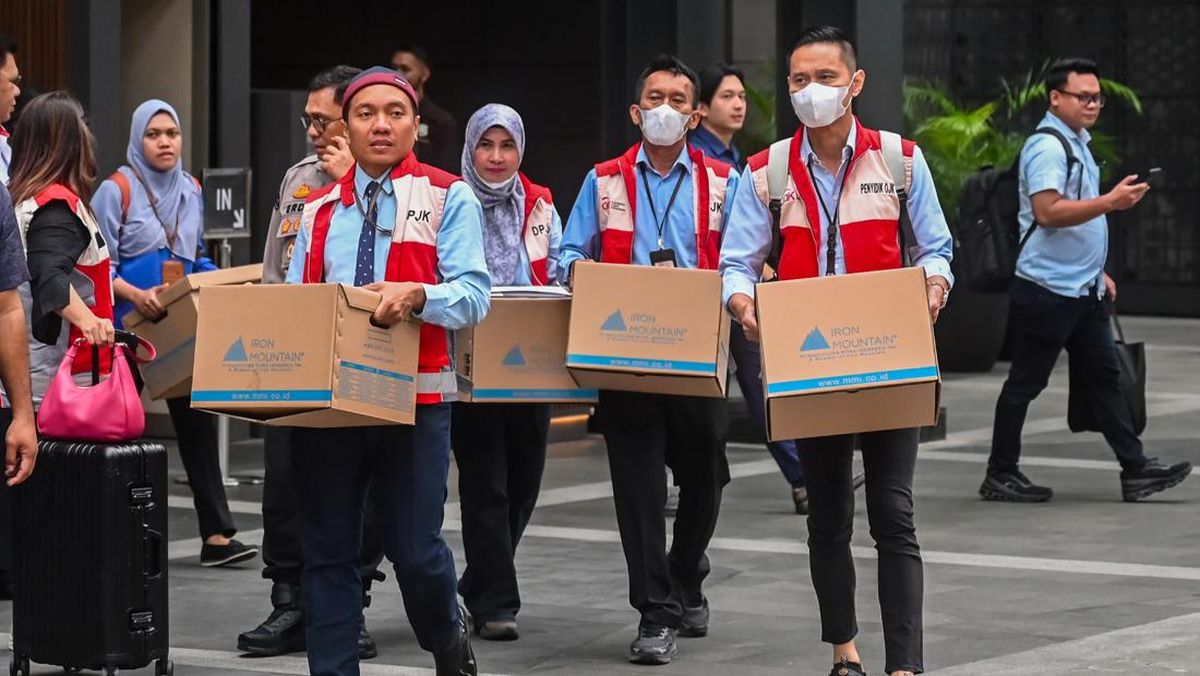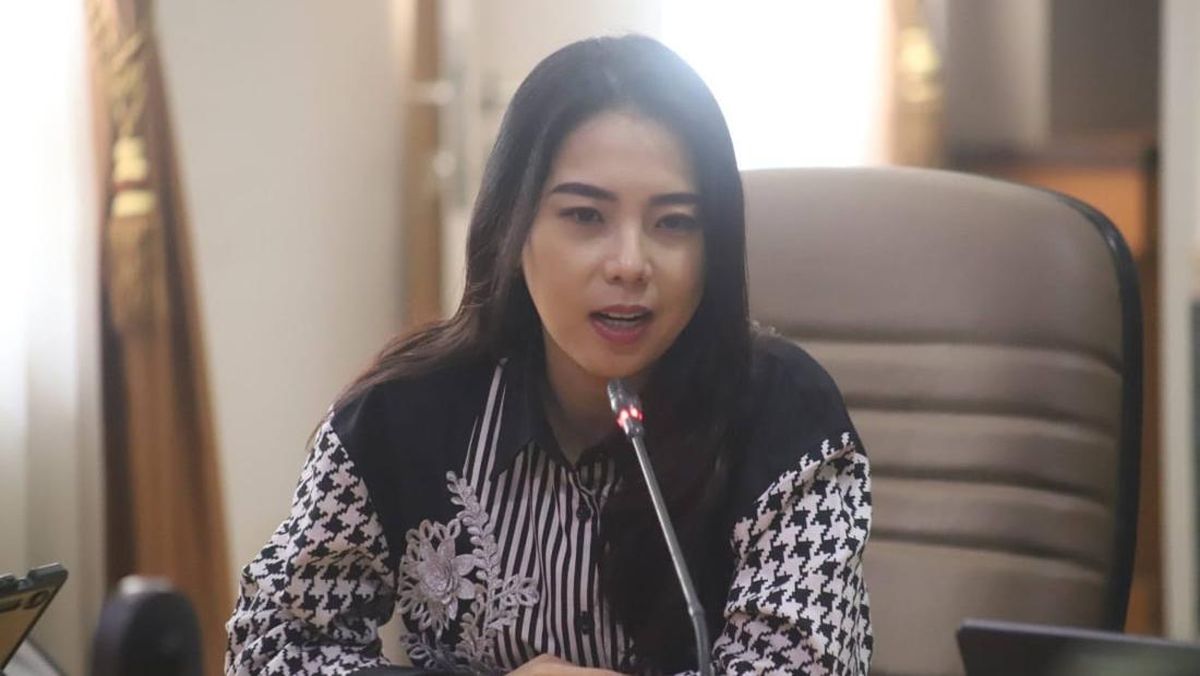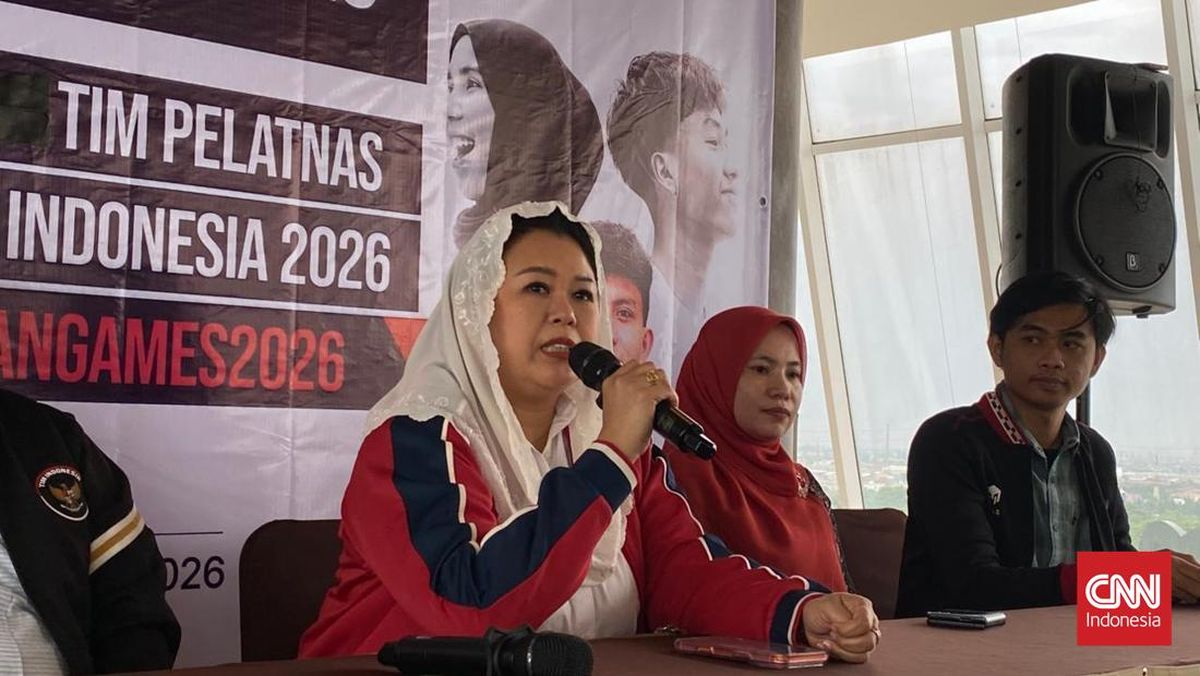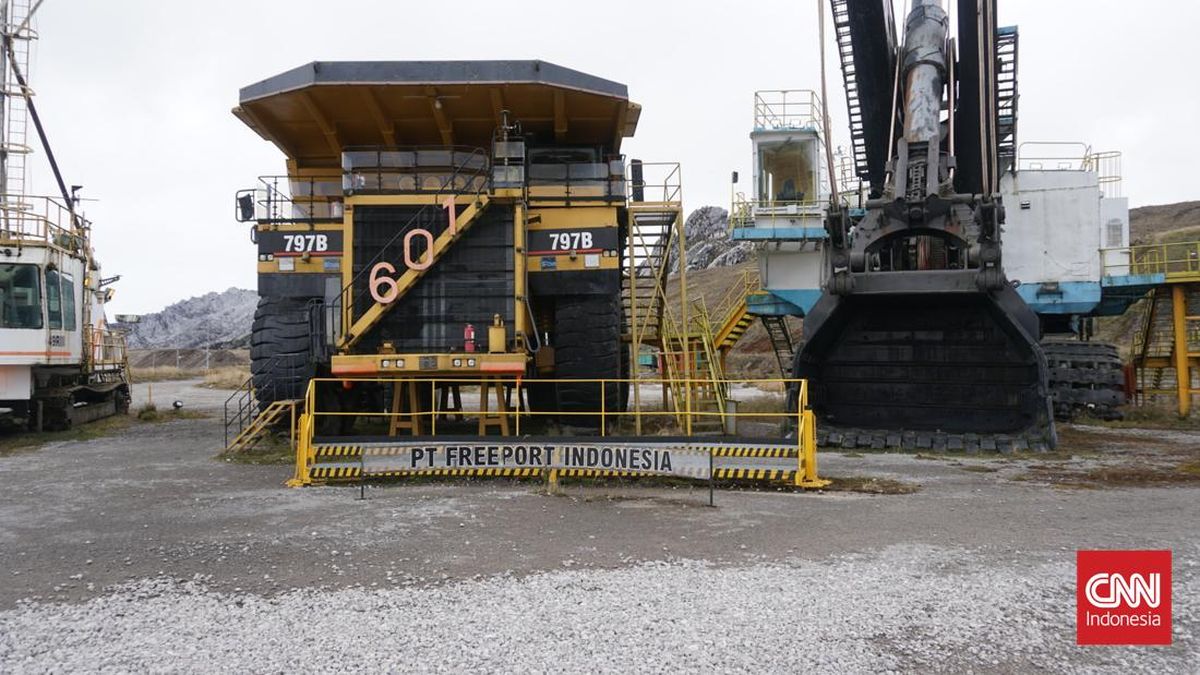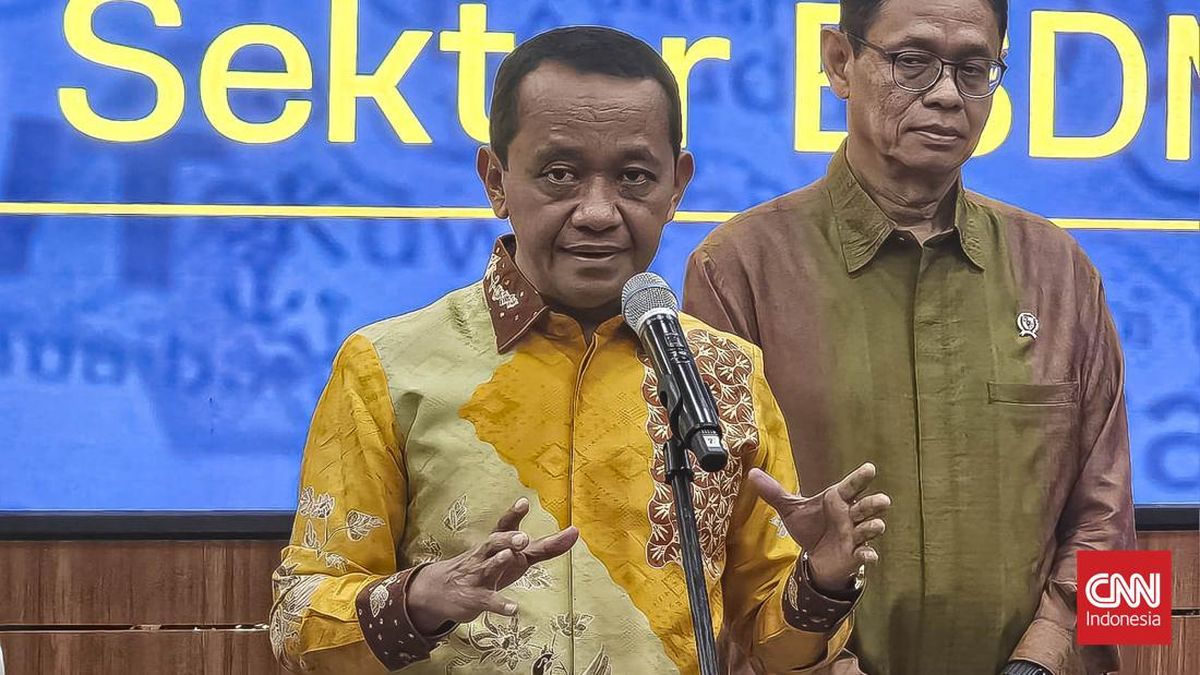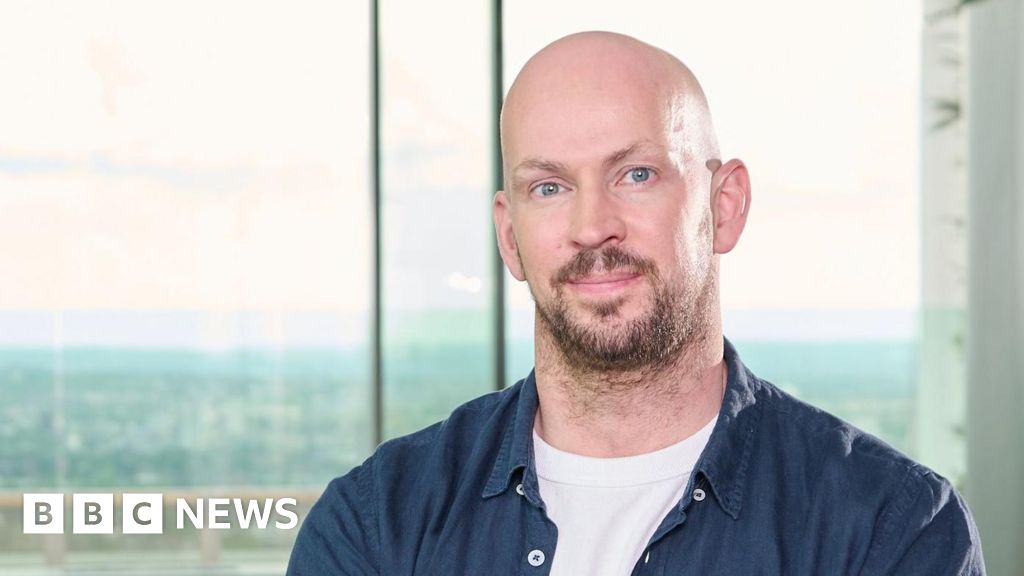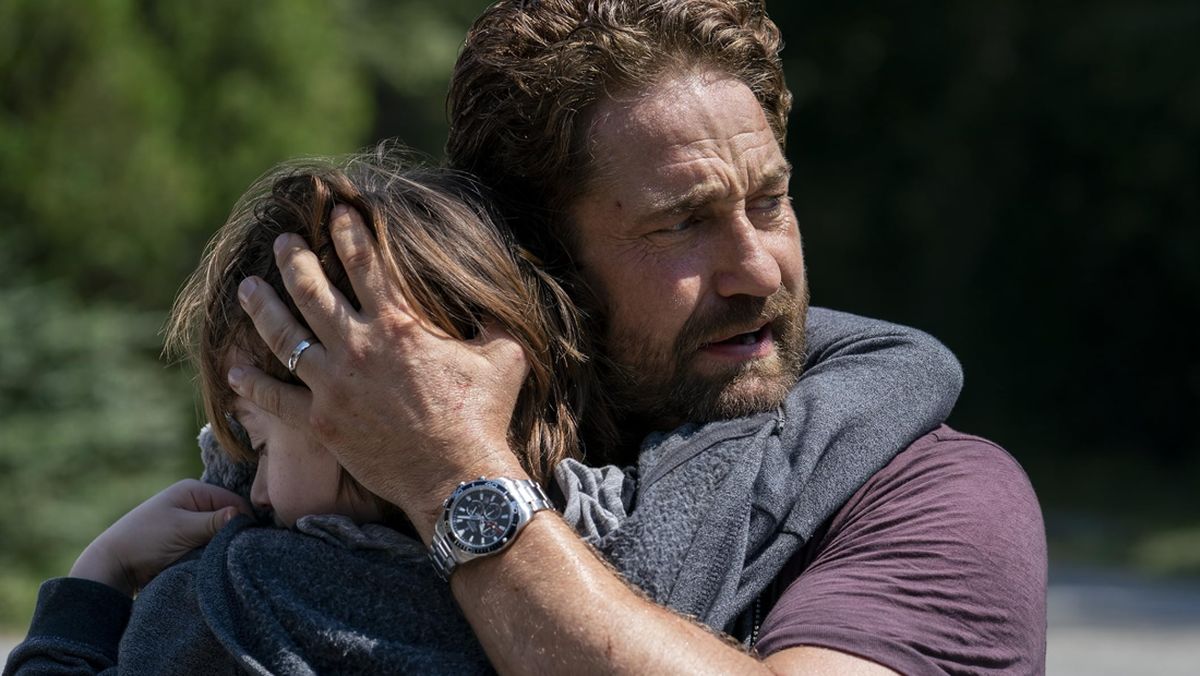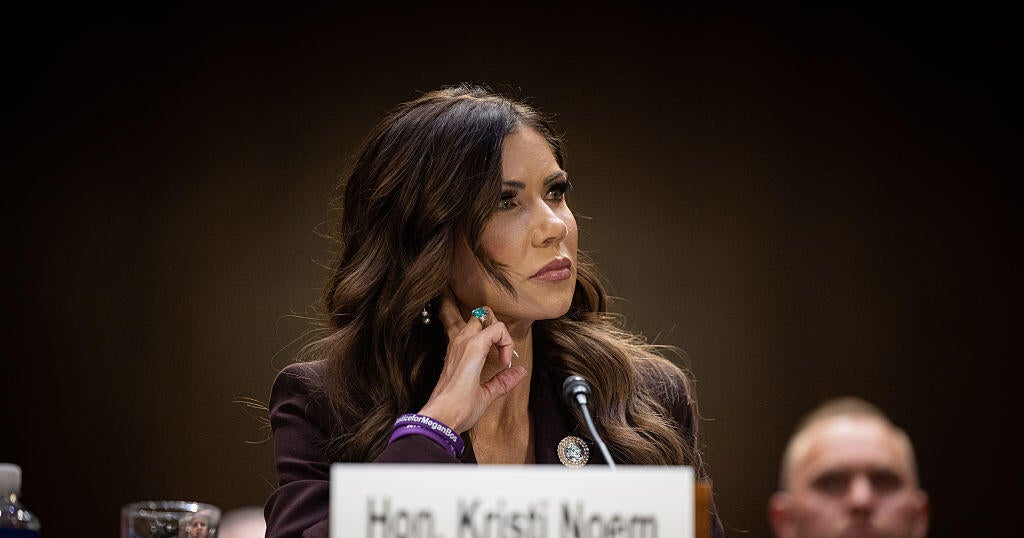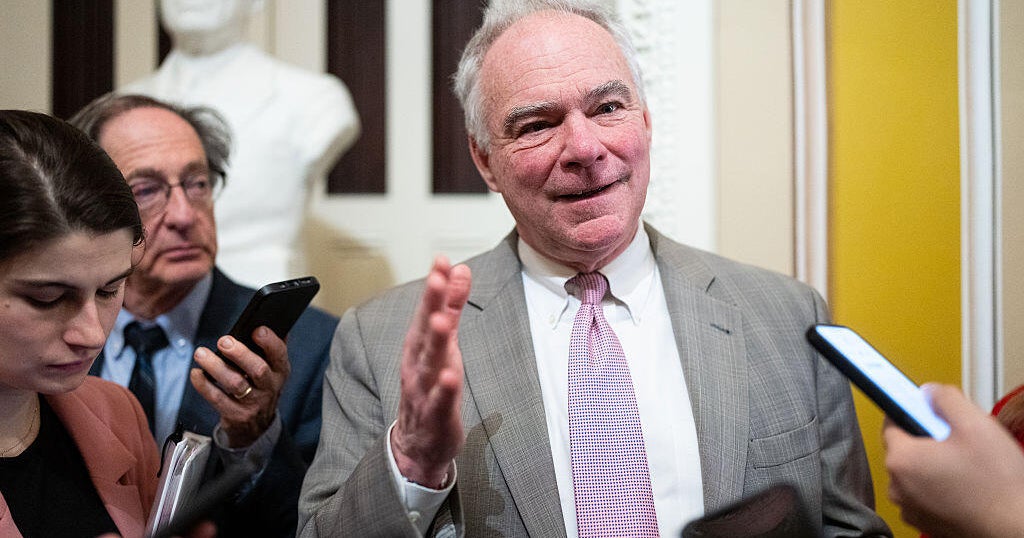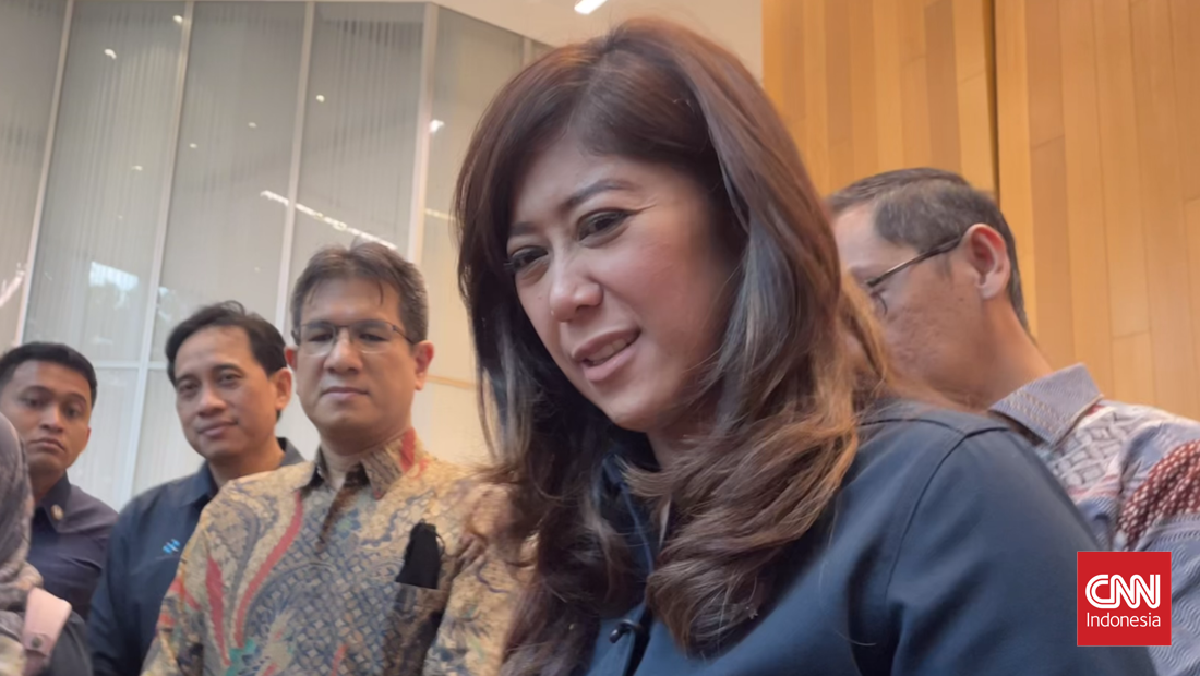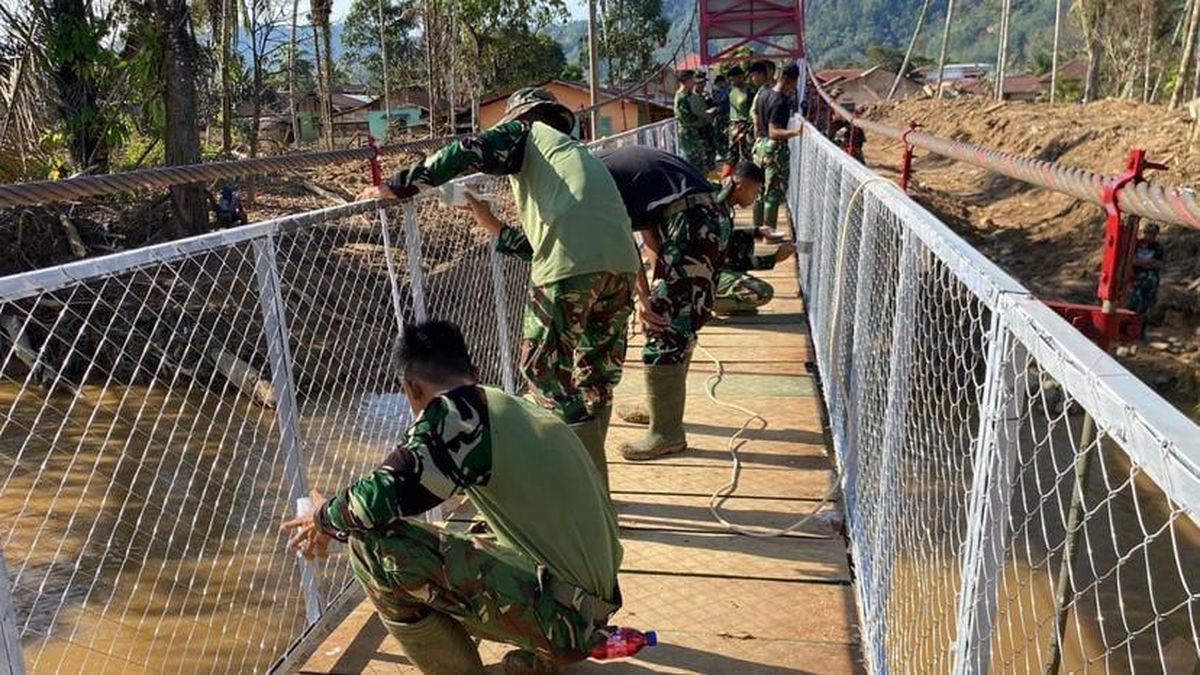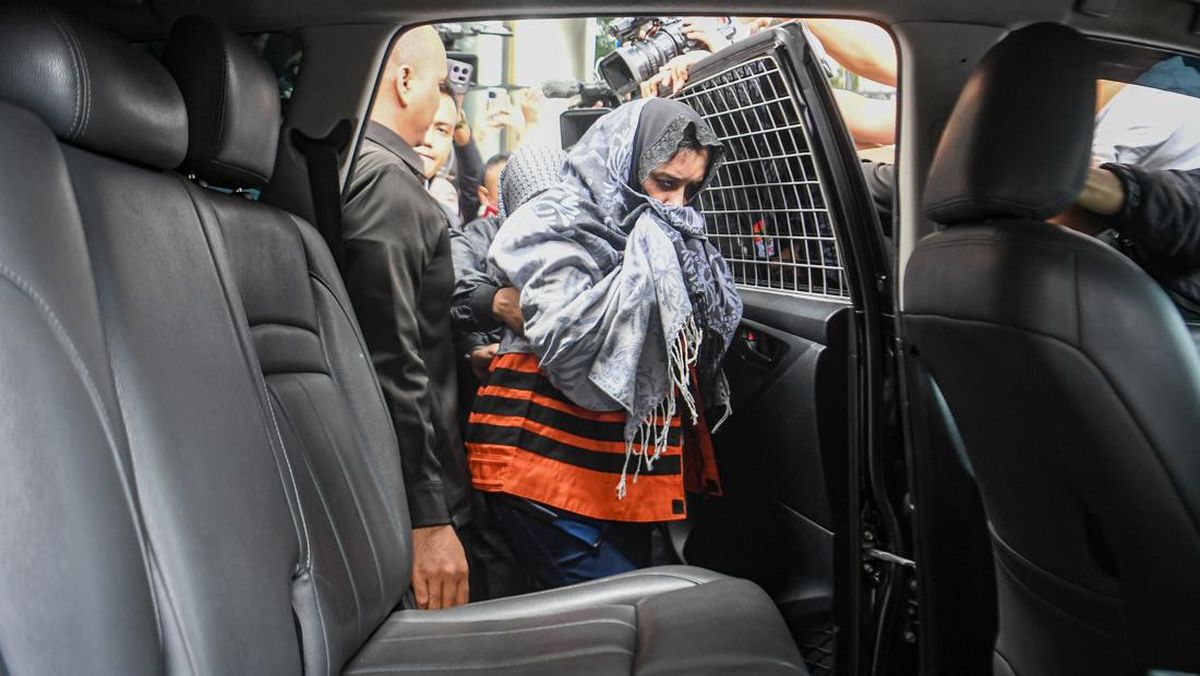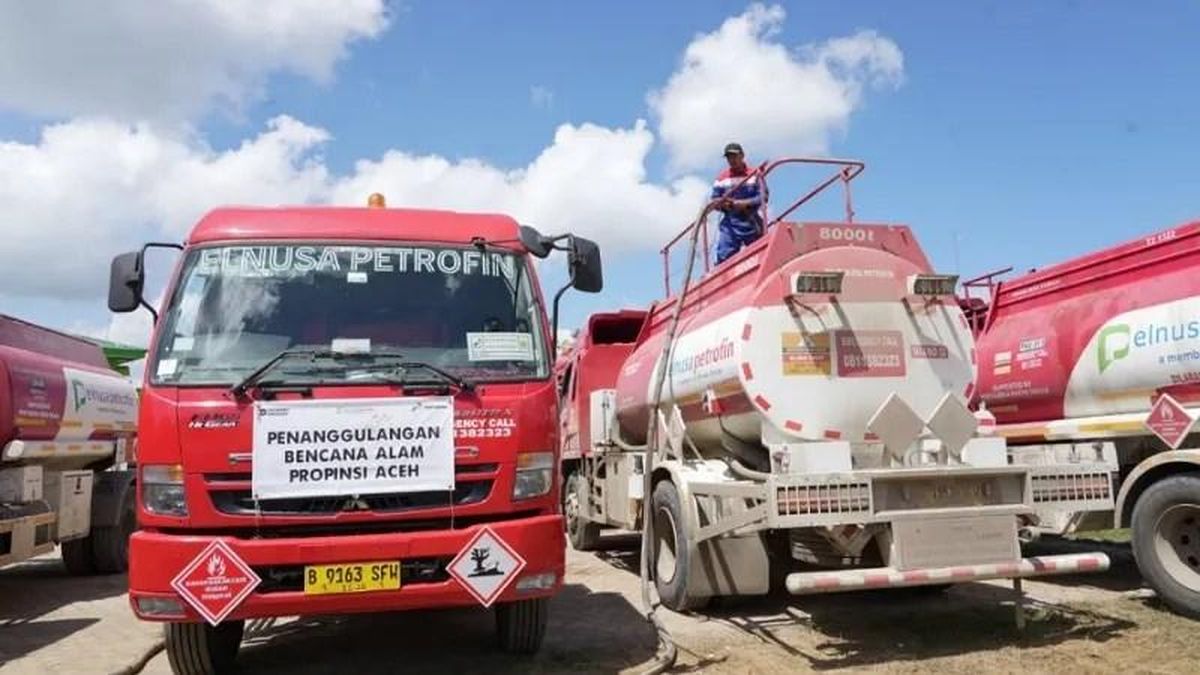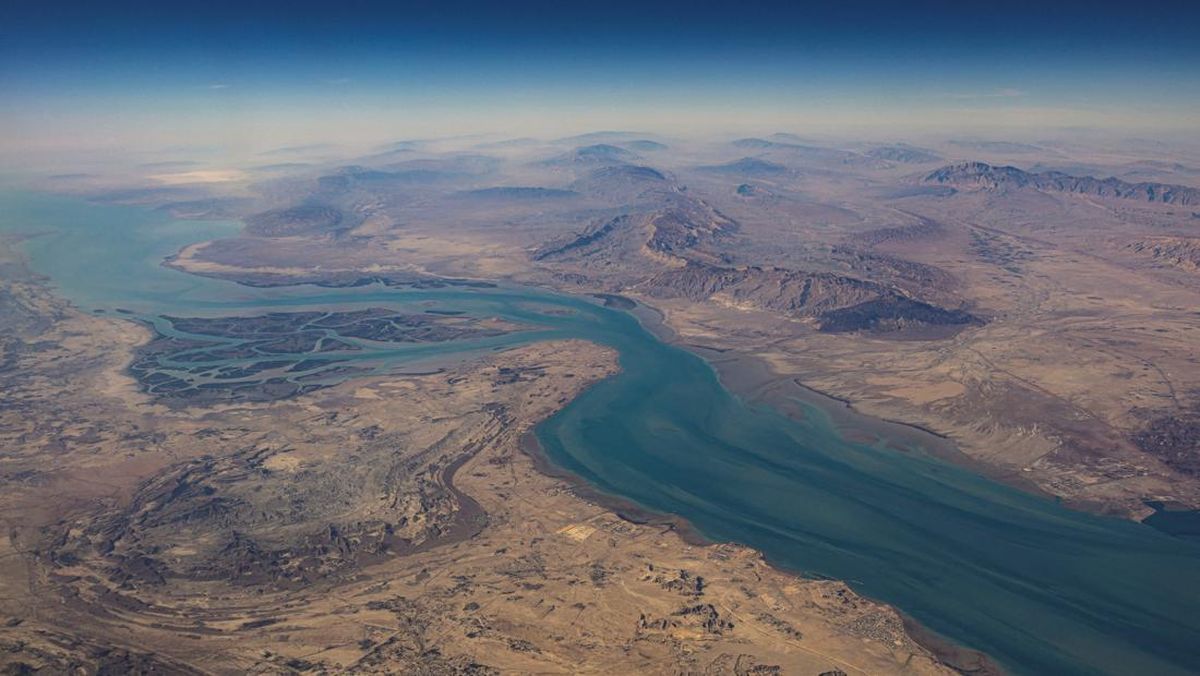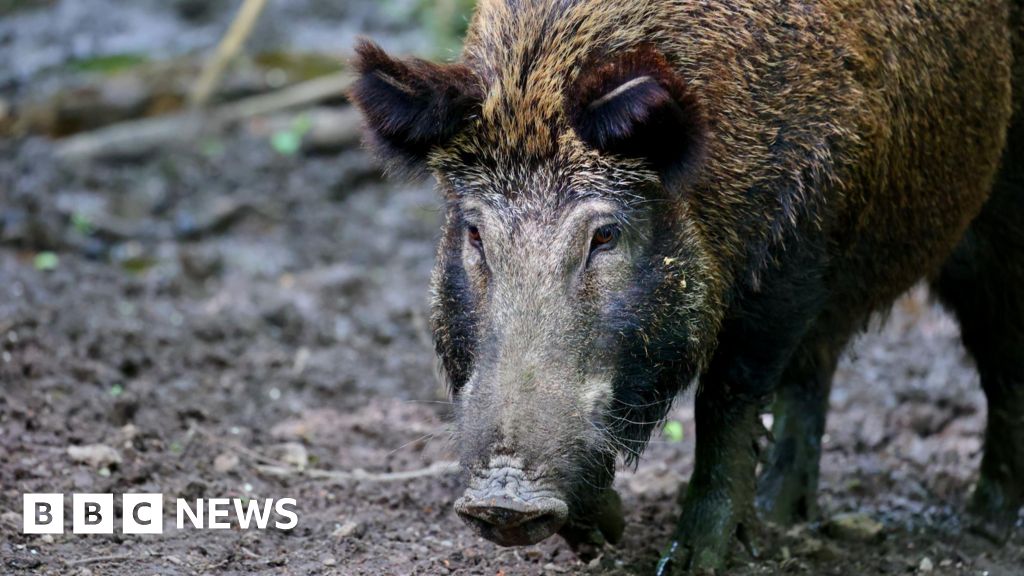Jonathan BealeDefence correspondent

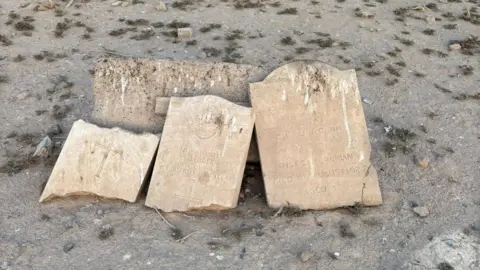 Ben Soppit
Ben Soppit
Ben Soppitt has been raising awareness about the conditions of Iraq's war cemeteries
This Remembrance Sunday, Ben Soppitt will be honouring the sacrifice of his grandfather at Basra War Cemetery in Iraq. He'll be among the very few, honouring many.
His small service will be in stark contrast to the large, solemn ceremony at the Cenotaph in London. Nor do the monuments in Iraq bear any resemblance to the carefully maintained war memorials and manicured cemeteries all across Europe.
Ben Soppitt says the Commonwealth War Graves Commission (CWGC) has "catastrophically failed" in its duty to honour the dead in Iraq. He says it "shames the men and women who gave their lives in Iraq".
More than 50,000 soldiers from the UK and Commonwealth nations lost their lives in Iraq in both World Wars. Most were casualties of the Mesopotamian Campaign during World War One, when British and Commonwealth troops fought the Ottoman empire. And most of those killed were Indian nationals.
Ben Soppitt's grandfather, Gunner Joseph Soppitt, is among those buried at Basra War Cemetery. He died in 1941 of dysentery when British forces briefly fought there during World War Two. His grave – like the rest of the nearly 3,000 men buried there – has no official marking. Others buried there include a recipient of the Victoria Cross, George Wheeler, and the grandfather of the actress Charlotte Rampling – Sapper Harris Johnson Rampling.

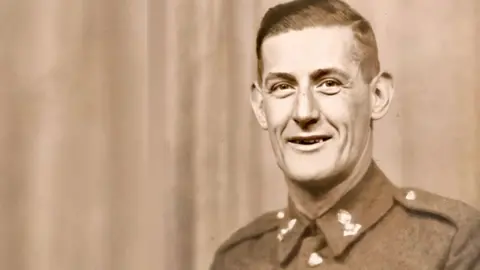 Ben Soppitt
Ben Soppitt
Ben Soppitt's grandfather, Gunner Joseph Soppitt, is among those buried at Basra War Cemetery
The Commonwealth War Grave Commission cleared the site of all headstones after many had been vandalised or fallen into disrepair. There is a long-term plan to replace them, but the CWGC withdrew from Iraq in the 1990s for security reasons. Since then, Basra War Cemetery has become a deserted wasteland, used by the locals for football or to dispose of rubbish. Basra is not alone. There are more than a dozen such sites across the country.
Some sites have weathered the heat and dust of Iraq better than others. The giant Basra War Memorial nearby, the third largest in the world, is still largely intact. It commemorates more than 40,000 soldiers. 7,385 are individually named on panels – all the British personnel and Indian officers. But 3,256 Indian nationals who served in the ranks are only listed by unit and number.

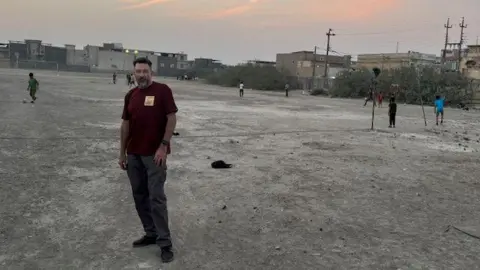 Ben Soppitt
Ben Soppitt
Basra War Cemetery has become a deserted wasteland with children playing football
CWGC has promised to address this "inequality in commemoration", which has favoured British nationals. Ben Soppit says "this historical wrong cannot be completed without addressing the Indian casualties in Iraq". He argues that its another compelling reason why it should resume its work there.
Over the past two weeks, Ben Soppitt has been visiting most of the CWGC sites in Iraq to honour the dead - but also to highlight what he believes is Britain's failure to do the same. He's been documenting what he's seen on social media.
He found the CWGC site in Mosul to be in a similar state to the one in Basra.
"Nothing is left but the pedestals of the memorials and a few of the stones from them," he wrote online. "If my opinion of the CWGC was low before it's reached a new depth".

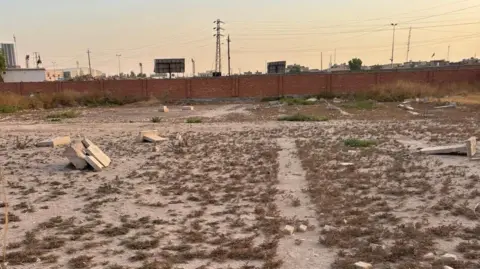 Ben Soppitt
Ben Soppitt
Over the past two weeks, Ben Soppitt has been visiting most of the CWGC sites in Iraq
The Commonwealth War Grave Commission says it has detailed plans in place to restore its sites in Iraq. It says it has already carried out some renovation work but adds that "determining the right time to undertake full restoration is a complex judgement". One of the key determinations, it says, is safety and security in the region. It follows UK foreign office advice for Iraq which currently advises against travel to the country. It says that it keeps the public informed of its work on its website.
But there is clearly frustration at the pace of progress. Baroness Emma Nicholson too highlighted the state of the CWGC sites at Basra during one of her visits in 2007. She says she understands that as a government body the CWGC must heed the Foreign Office's travel advice. But she adds they "must do more".
For Ben Soppitt and his family, the campaign for the CWGC to do more is deeply personal. He had hoped to visit the site of his grandfather's grave in Basra with his own father. But he's now passed away.
"I don't intend to pass this on to my own sons," Ben says. "So I'm doing everything I can to have these men and women properly commemorated before I pass on too."

 3 months ago
30
3 months ago
30
